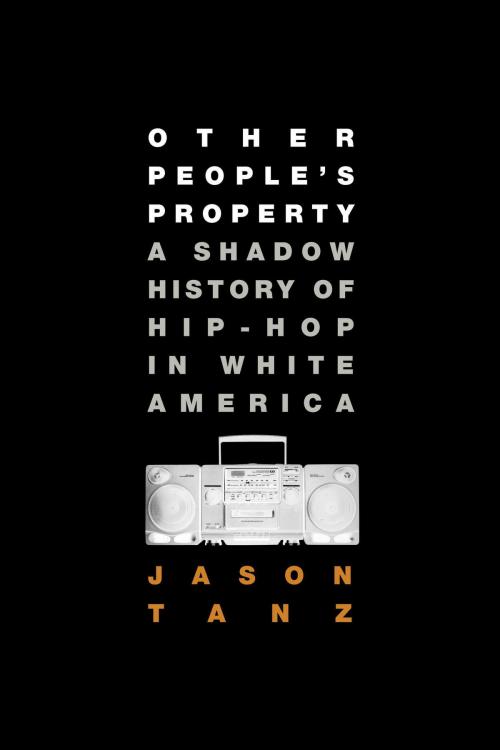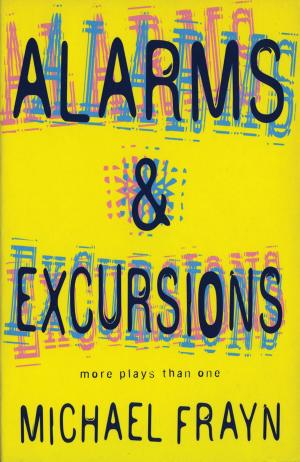Other People's Property
A Shadow History of Hip-Hop in White America
Nonfiction, Entertainment, Music, Music Styles, Pop & Rock, Rap, Theory & Criticism, History & Criticism| Author: | Jason Tanz | ISBN: | 9781608196531 |
| Publisher: | Bloomsbury Publishing | Publication: | January 15, 2011 |
| Imprint: | Bloomsbury USA | Language: | English |
| Author: | Jason Tanz |
| ISBN: | 9781608196531 |
| Publisher: | Bloomsbury Publishing |
| Publication: | January 15, 2011 |
| Imprint: | Bloomsbury USA |
| Language: | English |
Over the last quarter-century hip-hop has grown from an esoteric form of African-American expression to become the dominant form of American popular culture. Today, Snoop Dogg shills for Chrysler and white kids wear Fubu, the black-owned label whose name stands for "For Us, By Us." This is not the first time that black music has been appreciated, adopted, and adapted by white audiences-think jazz, blues, and rock-but Jason Tanz, a white boy who grew up in the suburban Northwest, says that hip-hop's journey through white America provides a unique window to examine the racial dissonance that has become a fact of our national life. In such culture-sharing Tanz sees white Americans struggling with their identity, and wrestling (often unsuccessfully) with the legacy of race.
To support his anecdotally driven history of hip-hop's cross-over to white America, Tanz conducts dozens of interviews with fans, artists, producers, and promoters, including some of hip-hop's most legendary figures-such as Public Enemy's Chuck D; white rapper MC Serch; and former Yo! MTV Raps host Fab 5 Freddy. He travels across the country, visiting "nerdcore" rappers in Seattle, who rhyme about Star Wars conventions; a group of would-be gangstas in a suburb so insulated it's called "the bubble"; a break-dancing class at the upper-crusty New Canaan Tap Academy; and many more. Drawing on the author's personal experience as a white fan as well as his in-depth knowledge of hip-hop's history, Other People's Property provides a hard-edged, thought-provoking, and humorous snapshot of the particularly American intersection of race, commerce, culture, and identity.
Over the last quarter-century hip-hop has grown from an esoteric form of African-American expression to become the dominant form of American popular culture. Today, Snoop Dogg shills for Chrysler and white kids wear Fubu, the black-owned label whose name stands for "For Us, By Us." This is not the first time that black music has been appreciated, adopted, and adapted by white audiences-think jazz, blues, and rock-but Jason Tanz, a white boy who grew up in the suburban Northwest, says that hip-hop's journey through white America provides a unique window to examine the racial dissonance that has become a fact of our national life. In such culture-sharing Tanz sees white Americans struggling with their identity, and wrestling (often unsuccessfully) with the legacy of race.
To support his anecdotally driven history of hip-hop's cross-over to white America, Tanz conducts dozens of interviews with fans, artists, producers, and promoters, including some of hip-hop's most legendary figures-such as Public Enemy's Chuck D; white rapper MC Serch; and former Yo! MTV Raps host Fab 5 Freddy. He travels across the country, visiting "nerdcore" rappers in Seattle, who rhyme about Star Wars conventions; a group of would-be gangstas in a suburb so insulated it's called "the bubble"; a break-dancing class at the upper-crusty New Canaan Tap Academy; and many more. Drawing on the author's personal experience as a white fan as well as his in-depth knowledge of hip-hop's history, Other People's Property provides a hard-edged, thought-provoking, and humorous snapshot of the particularly American intersection of race, commerce, culture, and identity.















